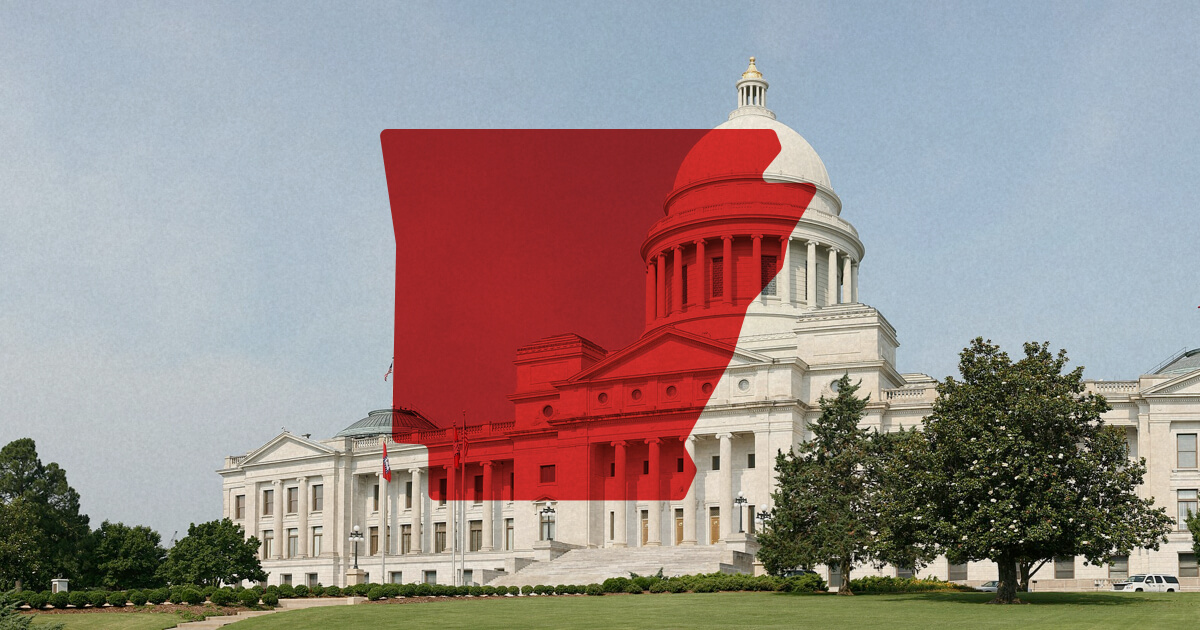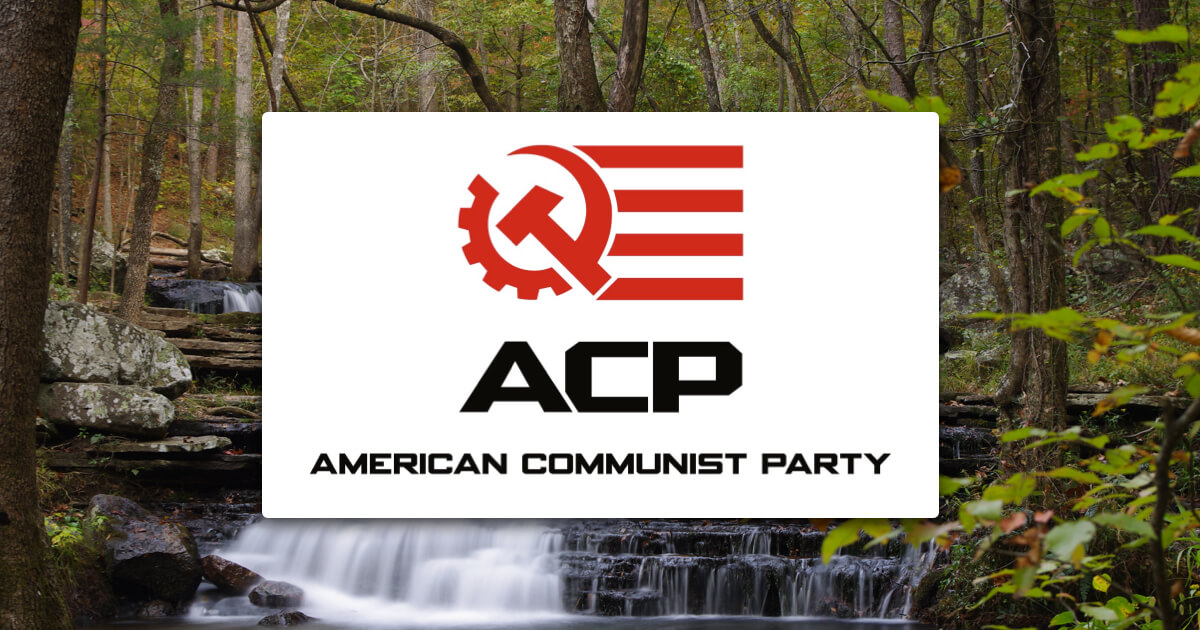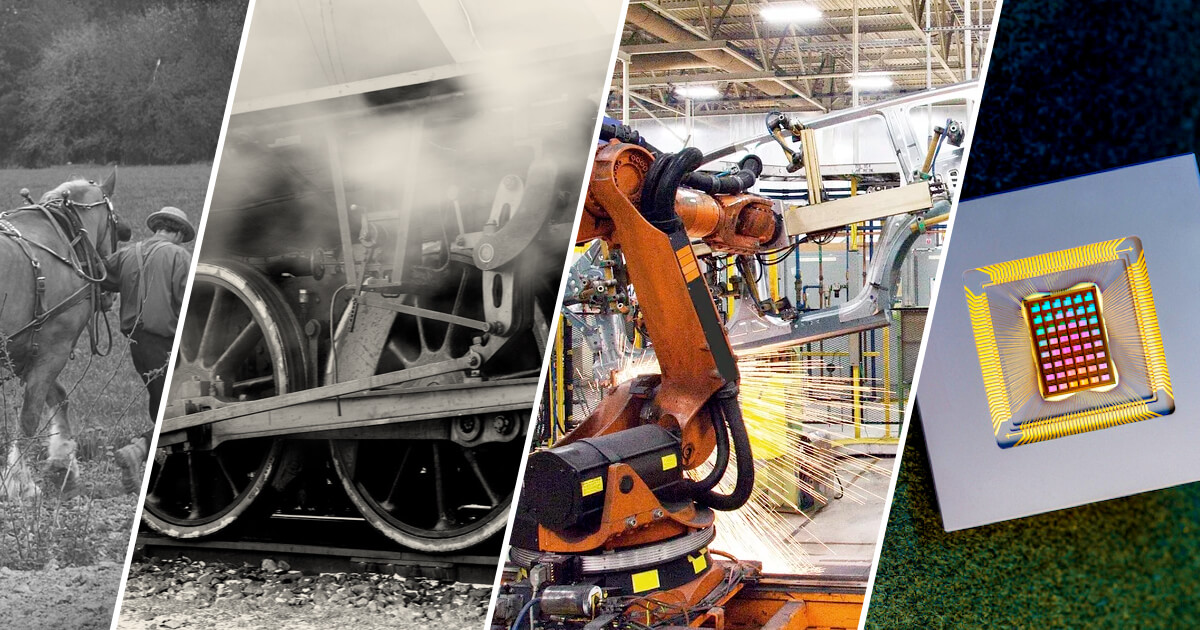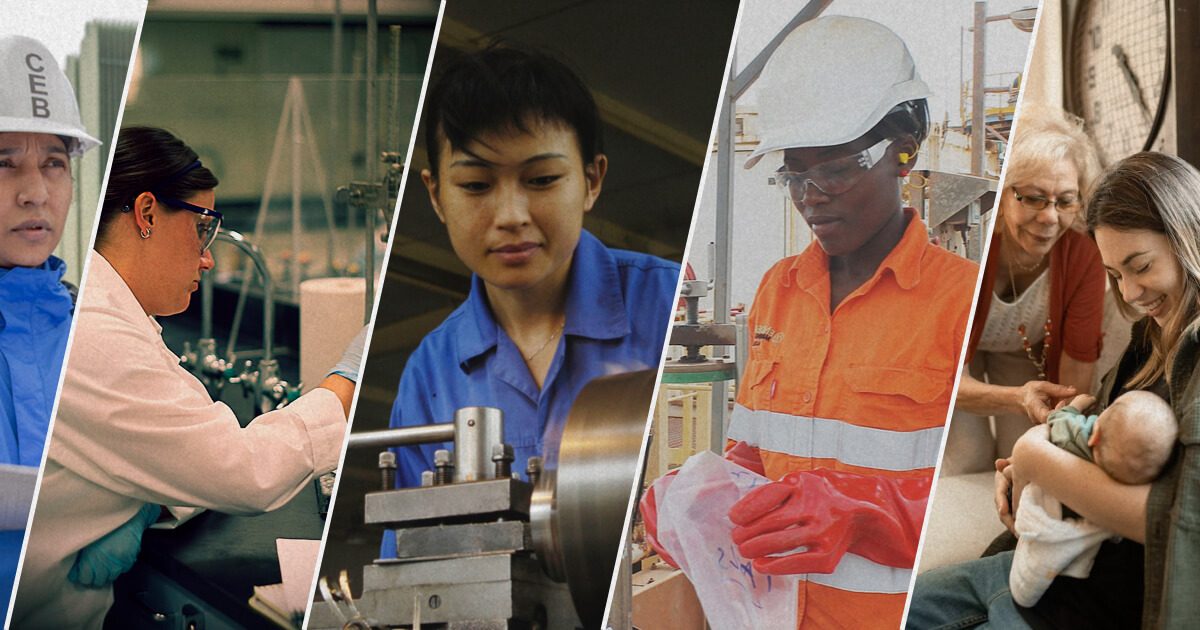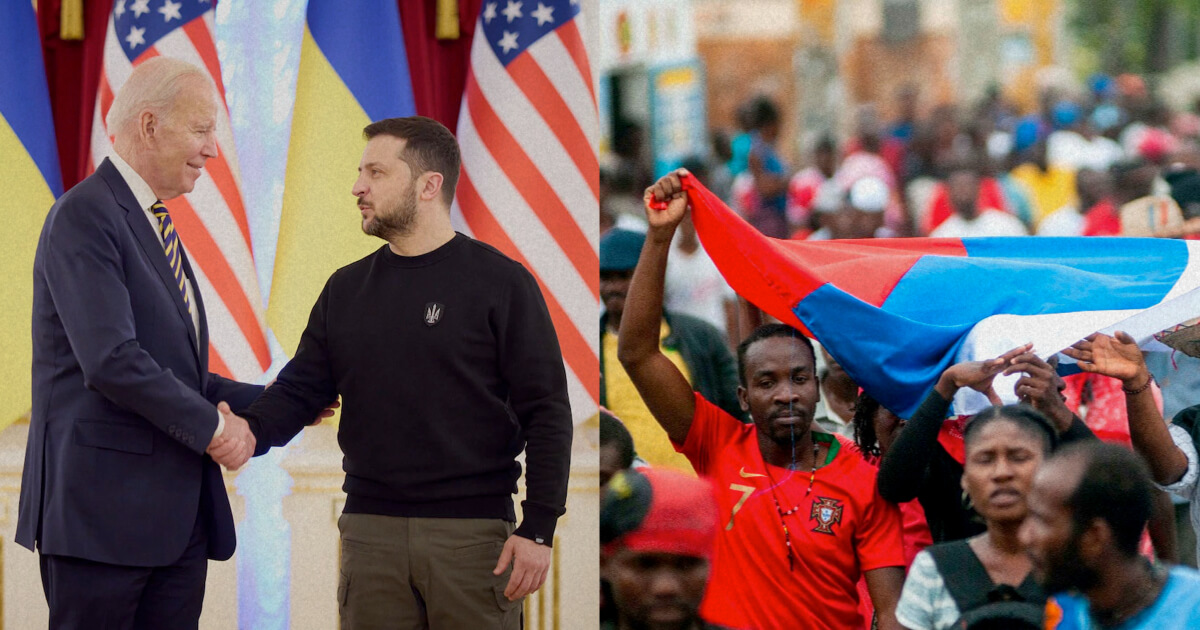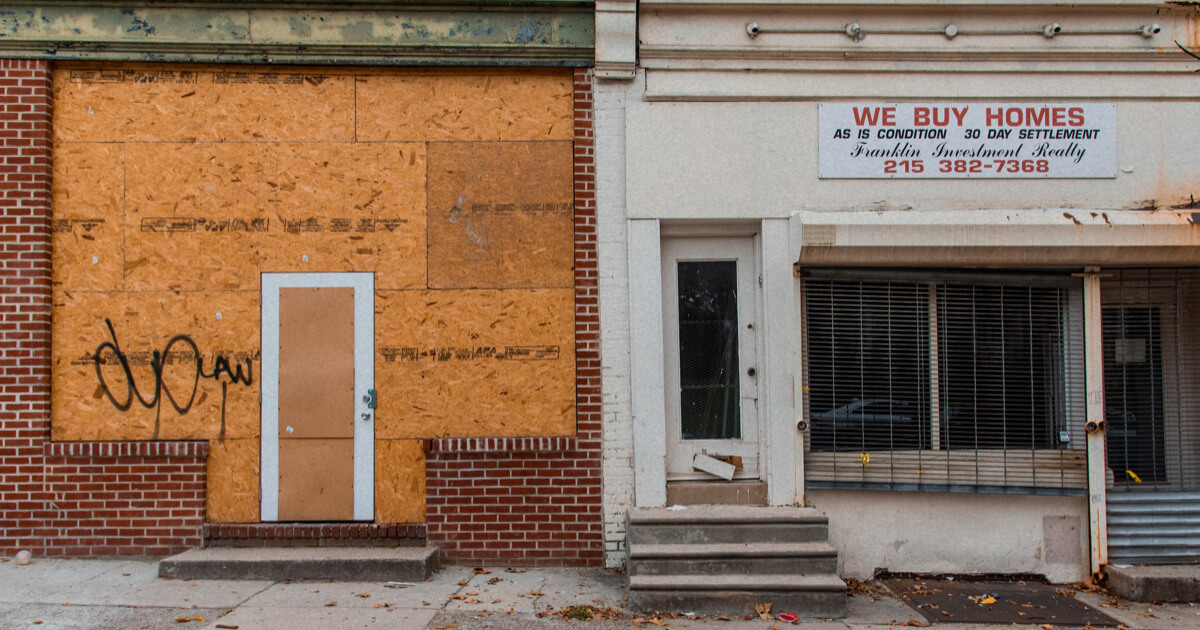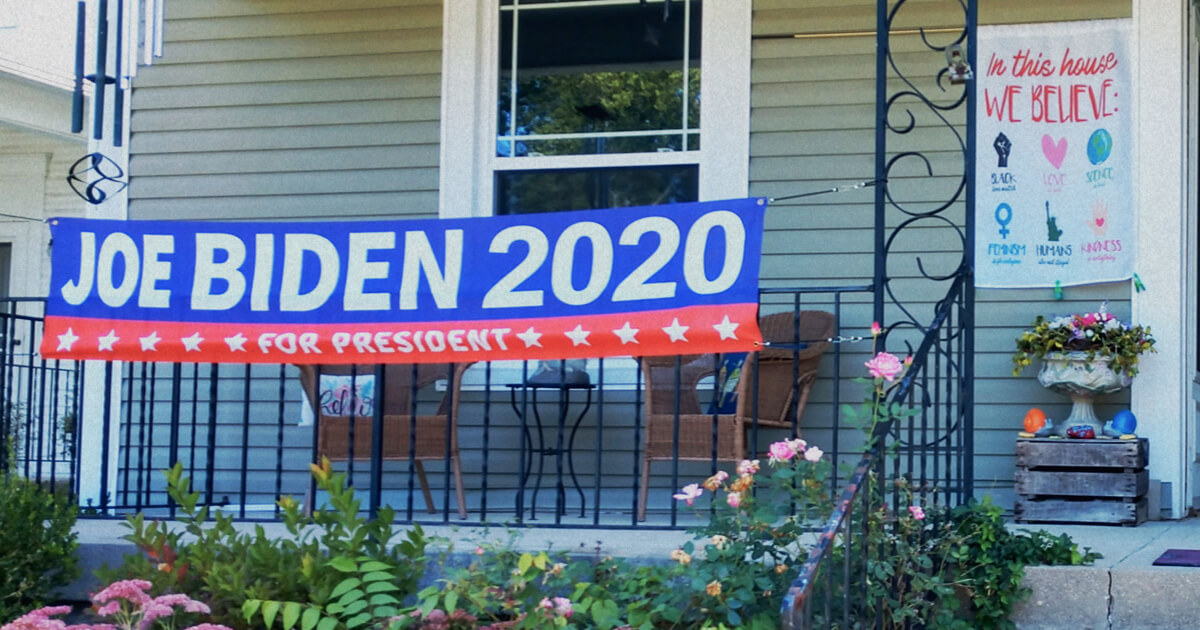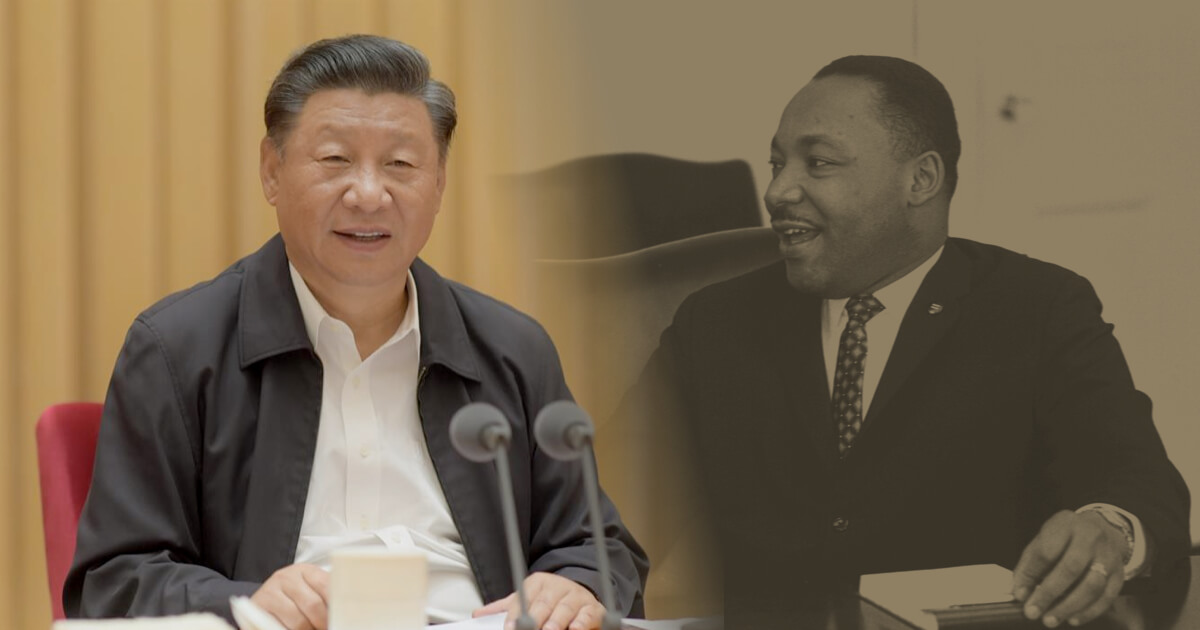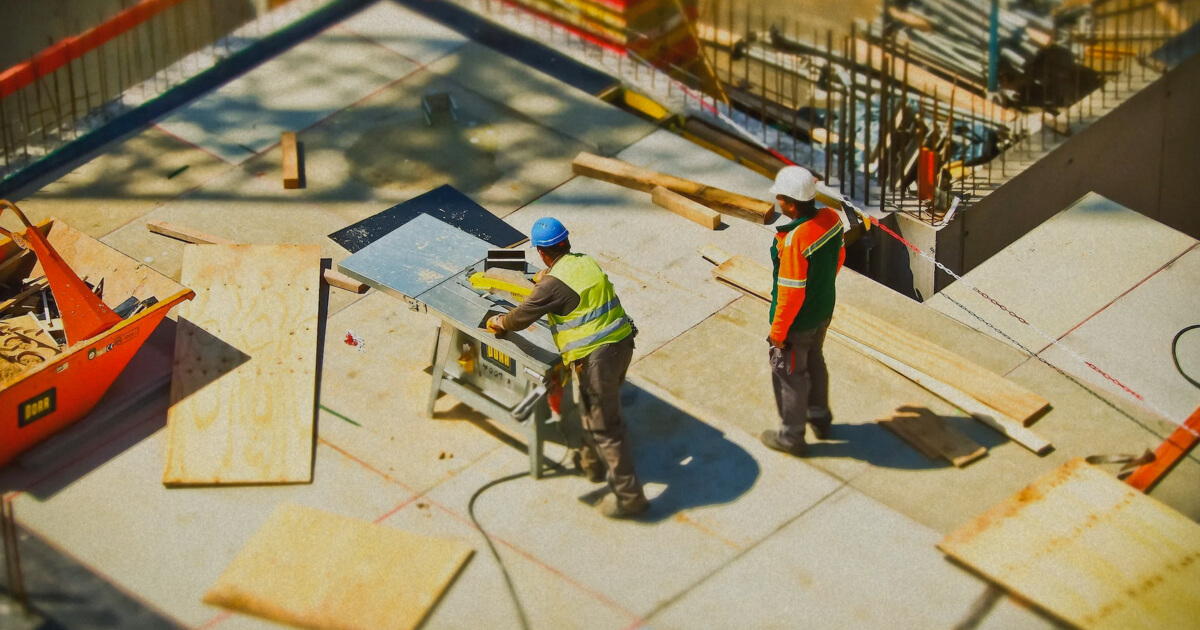Participation in the American political process comes with the expectation that one of the two major parties (Republican and Democrat), one of the “lesser evils” will prevail, and that voting is a means of either harm reduction or advancing a candidate which fits the expectations and preferences of the voter. In rare circumstances does an Independent or third-party candidate succeed, especially on the Federal Level.
When it comes to local politics like state legislatures, city councils, or other municipal entities, smaller or offshoot parties have a stronger chance of holding office. Parties like the Vermont Progressive Party and the Libertarian Party are examples of parties that hold some seats and influence at the State level. This may be due to a multitude of reasons but likely as a result of the low cost of entry into the political arena. We’ve seen Congressional races eat up millions of dollars for the purpose of political advertisement and the tendency for incumbent politicians to openly support their own party interests. I say own party interests as those currently holding Congressional seats tend to enjoy the endorsement from party leaders and a war chest built by corporations and capital interests. There lies a barrier for working-class Americans to enter the political sphere.
This is not to say that no working-class Americans ever get into politics or hold power, rather the difficulty for a member of the working class to succeed is far higher than business owners, established political players, and those holding onto wealth and resources. We’ve watched Presidential candidates buy their way onto the ballot while third party candidates frantically travel from state to state, collecting signatures in a race against time. Democratic and Republican candidates can be found on every State’s ballot, but not all third party and independent candidates are featured due to different State regulations and guidelines. This alone severely limits the choice Americans have at Election time.
Where working class candidates have the greatest impact and easiest access to political participation is at the local level. City and county level races require less traveling, less funds, and less votes to win an election than those seeking Congressional seats. Local elections tend to produce immediate changes to communities through ordinances and spending tax revenue on municipal projects. And focusing on local offices supports community building and stronger relationships with neighbors and residents. We need not focus solely on Federal offices to enact change.
The challenge, however, is progressive and working-class candidates running for office in conservative states (states, counties, and cities dominated not only by the Republican Party but also by conservative attitudes, views, and political ideology). One does not need to be a member of the Republican Party to hold conservative views or promote policies that work counter to the needs of the working-class. We can see this with Democratic Party members like Henry Cuellar in Texas or Mark Pryor from Arkansas who have voiced opposition to policies benefiting working-class Americans like increasing the minimum wage and strengthening labor unions. Running against a conservative incumbent, even as a popular progressive candidate, will draw the ire and scrutiny of party elites and loyalists.
But why run with the Democratic Party when their platform has been ineffective and cosmetic at best, and damaging at worst? Certainly, it would be best for one to engage in the political process with the party one most closely identifies with, however that path becomes obscured and difficult running in conservative regions of the United States. Third parties still enjoy easier access to political office on the local level compared to Congressional offices, even in conservative states, however third parties are far more likely to enjoy success in progressive regions than in conservative ones. It is for that reason that one must weigh the pros and cons of engaging with an established political entity to navigate through the American political system, even if said party runs counter to the needs and wants of the working-class.
The purpose of electoral engagement is not to hold power, rather it is to openly display class antagonisms and the fault in our current economic system. I highly recommend reading Rosa Luxembourg’s Reform or Revolution for a deeper analysis on why reform alone is not a viable means of changing the economic system but how engaging in the electoral process can benefit the working-class. This document is not meant to go further into that discussion or add more to Luxembourg’s thoughts, but to detail the process of running as a working-class candidate in a conservative region of the United States. This by no means should be a strict rubric one must follow to the letter, rather a guideline for what to expect should one decide to take the reformist route of political transformation.
Engaging in Political Participation on the Ground
Winning any political campaign requires mobilizing supporters, voters, and community members to both raise awareness of the campaign as well as ingrain a political message into the populace. Whether candidates attempt to or not, the messaging and platform political candidates produce both influence society’s political views and serves as a beacon to gather like-minded individuals.
Supporters may debate on a handful of issues, but generally supporters of a political candidate all agree on the general messaging. The broader the message the more appealing larger segments of the community will find the messaging. However, too broad dilutes the candidate’s political platform and leaves them open to external attacks. It is important not to broaden the platform, but rather broaden the ideology.
Progressive policies outright have been vilified and demonized by capitalists to minimize concessions to workers and impediments of their profits. Attaining as much profit as possible is the primary goal of capitalism after all, not the equitable distribution of resources. And while progressive policies do not transform the economic system but merely reform it, gradual adoption of worker favored policies jeopardizes the profits of the capitalists. It is in their interests then to minimize the possibility of any worker friendly policies while promoting those who favor the dismantling of economic regulations and the protection and welfare of corporations and their stockholders.
It is therefore necessary to communicate progressive, socialist, and worker friendly policies in a manner that addresses the conditions of workers themselves rather than through an ideological lens. It is not the Party that endorses greater rights to workers, as they have so often proven, but it’s the candidate and the workers themselves that value these policies. One must position themselves as working class and abide by working class ethics at all times. Focusing on the conditions of workers in a broad sense penetrates ideological lines and has greater potential for reaching a broader audience. Socialist political campaigns are not to be designed to take and hold power, but to advance the interests of the working class while exposing the contradictions and antagonisms within the capitalist and neo-liberal systems.
What one must avoid doing is present no solution to a problem. That is, remark there is a problem, we must find a solution to said problem, but there is no concrete solution. Any politician can do this, and unfortunately most do. We must be honest with the steps that are needed to take to address the causes of poverty and exploitation. But the framing of the solution is the important part of communicating solutions. America hosts an extremely individualistic culture that values individual growth and success over collectivism. For that reason, the framing of workers issues must stray into individualistic territory to meet the conditions of a broader community. “That’s your tax money businesses are taking”, “You deserve fair pay”, these forms of messaging aids in bringing in more individualistic minded people into better understanding class relations.
The unfortunate aspect of American politics is the effect a two-party system has on people’s perception of political engagement. Voters will ask if you are a Democrat or Republican, as for them this identifier neatly places one and one’s platform into an easy to consume ideological box. It is one thing to address this when asked, and another to constantly bring it up as if it is a viable foil for one’s opponent. It is not. We must transcend the political binary, even if one runs within one of the two established political parties. We are meant to show the contradictions and antagonisms within the political system as opposed to merely playing by its rules. It is for that reason that candidates are not party members, but individuals attempting to navigate the American political system.
We can ourselves connect with individuals and share our grievances and concerns. We can encourage others to take note of their working conditions and question the system that exploits their labor. Workers have built this nation while major businesses and corporations take wages and taxpayer funds to direct towards CEOs and bosses. The workers of America deserve fair pay for their labor. From this point on we can expand on their grievances and motivate them to think beyond the workplace. How can a day’s wage be less than fuel, or how can a family survive with rising prices on food and housing? The economic conditions in the United States are worsening and are bound to subject more people into poverty and homelessness. We must tie individualistic views and class consciousness together to aid in political education.
Candidates must understand that the growth of class consciousness is not one that demands immediate shifts from capitalist thinking to socialism, as much of the public is inundated with capitalist propaganda creating as Mark Fisher described capitalist realism. Any study of politics and economics through a Marxist lens and the advancement of socialism is unfortunately tied to misconceptions and decades of propaganda around the horrors of Cold War era Communism. We must then take gradual steps to deprogram individuals from this capitalist realism and address the faults and problems within capitalism. Through the realization of the imperfections and exploitations within the capitalist system can we begin to educate individuals on what socialism actually is and how the labor movement benefits from these economic and political policies.
Political participation in the United States, especially in off season elections, is horrendously low especially when compared to their European counterparts. This may be due to political fatigue, tampering with the ability to access voting by political elites, or the structure of America’s electoral system, however we may attempt to alleviate this issue through mobilizing workers and attempting to bring about class consciousness. Even if it does not result in voter turnout, the impact of mobilizing and empowering workers aids the labor movement and contributes to a growing class consciousness. Our primary focus should be waking up the masses and giving them encouragement for future movements.
Viability of Established Political Parties
Political campaigning is advertising. While it is a mobilization of platforms, candidates, and a desire to move government in a specific direction, the bulk of campaigning revolves around advertising oneself as well as the viability of one’s ideas. It’s reaching out to voters and either rallying supporters to vote in an election or a means to persuade non supporters into backing one’s political campaign. As was mentioned in the previous section, it is critical that candidates express worker friendly policies that transcend ideological lines in order to better promote class consciousness and the organization of labor. But a far more valuable component of political advertising, an unfortunate feature of America’s two-party system, is party identification.
The viability of one’s political campaign then is stronger when enmeshed with one of the two main political parties. This is by design. American voters in a broad sense perceive Democrats as left wing and Republicans as right wing, and both big tent parties hosting a spectrum of ideologies that neatly fit within their respective political wings. This is not considering the fact that both Democrats and Republicans, when compared to European political parties, would be considered center-right at the very least based on their hesitancy on popular issues like socialized medicine, low-cost higher education, and greater expansion of public transportation to name a few.
Certainly, one can run with any smaller political party that better matches one’s identity and platform, however the general public will not see these third parties as viable, especially in the aftermath of the 2016 election. America’s first past the post system awards complete victory to the party with the most votes, meaning any perceived spoilers that may put a party ahead of the other is often viewed as the enemy or counter to the hopes of the populace. Third parties then fair better in safe districts like California, Mississippi, or Washington where the potential for the opposition party to win is extremely slim and spoiler candidates are not viewed as hostile as in “purple” districts. But this is not to say third parties have a better chance of winning in safe districts, rather they can avoid much of the hostility.
For political victory then, one of the two dominant parties are a viable pathway. Both boast wide support among communities (compared to third parties), both hold a wealth of history and resources, and both are entrenched in American political systems. To enter the political arena as a third party is to actively intrude on the political landscape begrudgingly shared by the two dominant parties. Running as a member of one of these parties then reduces the amount of work and fight one must endure. But one must not assume that running within a dominant party will absolve a candidate of all scrutiny, especially one running on progressive platforms.
We have seen in 2022’s Primary Election a number of progressive Democratic candidates facing stark opposition from wealthier establishment Democrats as well as party elites backing conservative incumbents. The most obvious of this instance is the Cuellar-Cisneros race whereby Cuellar received backing from leadership within Congress as well as a host of SuperPACs vastly outspending Cisneros.
This continues at the local level, albeit with less determination. Party leaders and longtime politicians will claim progressives are dividing the party, and that unity is needed in order to defeat the opposing dominant party. This has been nothing but a cover to maintain dominance and slow the spread of progressive policies that challenge capital interests.
It is for this reason that cooperation with the dominant party and building strong relationships with both party elites and progressives within the party is absolutely crucial for survival within the party. Both dominant parties are big tent parties, and while there is room to be diverse on policy positions and push for progressive policies, one must enmesh themselves with the party leadership, or at least attempt to do so. Displaying the antagonism working class candidates face from party elites aids in the development of class consciousness and the disillusion with the dominant two party system.
Relationship Building and Policy Advocacy
The success of one’s campaign and broadening class consciousness rests on relationship building and advocacy of progressive policies as a solution to unchecked capitalism. Building a coalition serves not just to legitimize the candidate and their political views but to strengthen class consciousness and lay the foundation for better organizing in future situations. We can act as the focal point for various groups to converge and support worker friendly policies.
It is imperative then that one must embody left unity and welcome all forms of leftists and left leaning groups into the fold. While disagreements on the nature of political and economic transformation certainly exist and creates rifts among left leaning organizations, we must work across ideological lines and motivate groups and organizations to work together. After all, divided we beg but united we bargain for better conditions and a better future. Only those who work to actively support the capitalist system (as well as those supporting racist, classist, misogynistic, and other oppressive systems) and the exploitation of workers need be excluded from our movement.
It is through unity can both voters and progressive organizations display to the dominant political parties that class consciousness is growing, and the demands of the working class must be met. That our united effort for political and economic transformation is one that needs to be recognized and given attention to. When we are divided and fractured, dominant political parties are able to effectively use resources to silence and stop independent progressive movements and maintain an image to the general public that their parties and ideologies are the only reasonable and marketable ones for political participation.
As was stated before, policy advancement involves framing the issues in an individualistic fashion that addresses the direct needs of people. When we can relate to the direct material needs of voters and communities, we are able to better mobilize voters and present progressive solutions in an easy-to-understand manner. This is not to say that progressive politics are complex or unpopular, but that conservative segments of America have worked hard to demonize and misconstrued the aims and goals of progressives. Framing policies outside of ideological lenses aid in uniting more groups that may otherwise focus more on party identification than specific issues.
The end goal is to unite as many working-class communities as possible and relay socialist policies in a manner that gives motivation and power directly to the people. That they individually hold power and working together they can overcome a number of obstacles. When we build up strong relationships and work to promote socialist policies in a fashion that appeals to a broad audience, we can work quicker and more efficiently towards class consciousness.
Post-Election Conduct
The political candidate has a wide variety of options post-election both after a victory or defeat. The work of a candidate is never done, although it is highly encouraged for one to take time to rest and tend to their physical, emotional, and mental health. Our struggle is not a race but a marathon that requires us to work for the labor movement across the years. Candidates certainly have plans of what comes next should their political campaign end in victory, so this section will discuss the possible conduct should a candidate fail to attain a political office.
First and foremost, a failed political campaign is one that acts selfishly and in the interests of the bourgeoisie without advancing any part of the working class’s needs. A political campaign that loses an election despite advancing the working class’s needs is not a failed campaign, only one that did not end up victorious. For any form of political advertising that displays genuine interest in the working class and some form of mobilization has contributed to the greater labor movement, regardless of how minuscule.
Much of post-election conduct will depend on the pathway one wishes to take. Should one continue to engage in bourgeois politics, relationships and tailored messaging must be maintained. Political action is to be seen as a long campaign without end rather than a simple attempt or two to hold public office.
For the general public, it must be seen that regardless of the number of attempts, regardless of the work and labor candidates championing working class platforms do, the political system is inelastic and will continue to fail to address the needs of workers. While it is not ideal nor advised to purposefully fail or to introduce doomed legislation at every stage, each instance that the political system fails to respond to the labor movement in an adequate fashion aid in the growth of disillusion with the system and the evolution of class consciousness. We are meant to display these contradictions and the failure of the American political system under capitalist control.
Should one choose to end their engagement with the political machine, one should use their skills and experience both to inform those seeking public office as well as to strengthen organization efforts and grassroots movements. These groups can work in tandem with those seeking public office and support their political campaigns through voter mobilization, education efforts, and political advertising. Also, giving more strength to socialist parties and organizations ensures that their lifespan greatly improves, and their viability slowly grows. After all, while working within a dominant party is viable for the time being, building up a workers’ party with the capacity to effectively compete in electoral politics is desired. It is not a means to achieve political and economic revolution, but to further display the contradictions in the political system.
Maintaining as many relationships as possible post-election is highly desirable both for the legitimization of working-class politics but also for the cohesion of working-class organizations. We can slowly push working class platforms into one of the two dominant parties as a means to highlight effective solutions to ongoing problems. We can build that connection between dominant parties and smaller third parties, creating a pathway for progressive candidates to move within these parties and hold public office. We may even have the potential to educate those close to dominant parties on the failures and inabilities to address the needs of workers and take meaningful action against capitalist decay.
Whatever decision or route is undertaken post-election, one must remember that we are fighting for change over decades, not days. Our gradual education of the masses and political transformation comes with constant engagement both on the ground and within the political system. Our struggle does not end once the polls close and the newly elected are sworn in. Our struggle only ends when we achieve true equity and an end to exploitation of the working class.
On Participation with the Political Machine
The likelihood of a dominant workers’ party taking power in the United States within our lifetime is unlikely based upon how the electoral system is organized. If I am proven wrong however it will be nothing but great news and hope for the betterment of the labor movement. And the likelihood of bringing about socialism and socialist policies in the United States through reform is near impossible because of the interests of the bourgeoisie parties and capitalists in America and their access to resources and violence. We must engage with the American political machine not in hopes of achieving political revolution by reform but motivating the masses to organize and become class conscious.
Any attempt to hold political power for the benefit of the working class should not be seen as vain. Rather, more and more candidates that push for working class solutions and mobilize workers across their community is already doing great work. The ability to hold office and alleviate the pains and violence the working class faces on a daily basis is commendable and absolutely called for.
However, we must not lose sight of our long-term struggle and settle with small concessions or merely working within the political machine. True growth and revolution come when political activism is paired with grassroots social movements and educating the masses. It is a slow and steady campaign that aims to equip communities with the resources they need to succeed as well as the tools for transformation. Our failed political campaigns and inability to pass meaningful policies serves as an indicator of the flaws and corruption within our so-called democratic system.
We must show that despite the illusion of choice in the United States, we are forced to choose among a small selection of individuals to govern this nation. We must choose between the two viable parties that remain entrenched in the political system, and between candidates that have the ability to defeat their opponents in the election. For establishment candidates and party officials, that candidate will be one with access to resources and follow strongly with the dominant party sentiment. Progressive policies are not popular in the establishment, as it acts as a soft threat towards capitalists’ interests. We must instead use political campaigns and activism as a means of uniting working-class Americans and highlighting the inequalities that exist in our communities today.
It is flawed thinking that we must vote for establishment candidates in order to fend off fascism, as passive voices and passive bodies merely give fascism time to grow and manifest into a stronger force. What good is it to have a person in office merely as a placeholder for the hopes of the people as opposed to one actively interested in the well-being and success of the working class? The only good they serve is to show blatantly how inefficient and counterproductive the political machine is, and how capital is prioritized over labor.
The success of the working class involves the activism and participation of working class minded candidates with the political machine and their advertisement of socialist policies in an American lens. The damage to the socialist movement in America has been done and anti-communist rhetoric is deeply ingrained in America’s psyche. We must then present the labor movement and socialist policies in a uniquely American way, not to dilute ideas but to aid in the steady education of the masses.
Only when communities begin to wake up and unify together can we make significant strides for working class Americans and begin a political and economic transformation. I encourage all to engage in the electoral process, not in an attempt to hold power and control others, but to educate the masses and encourage solidarity with working class Americans.
Photo credit: Daniel Schwen on Wikimedia Commons (CC BY-SA 4.0).
